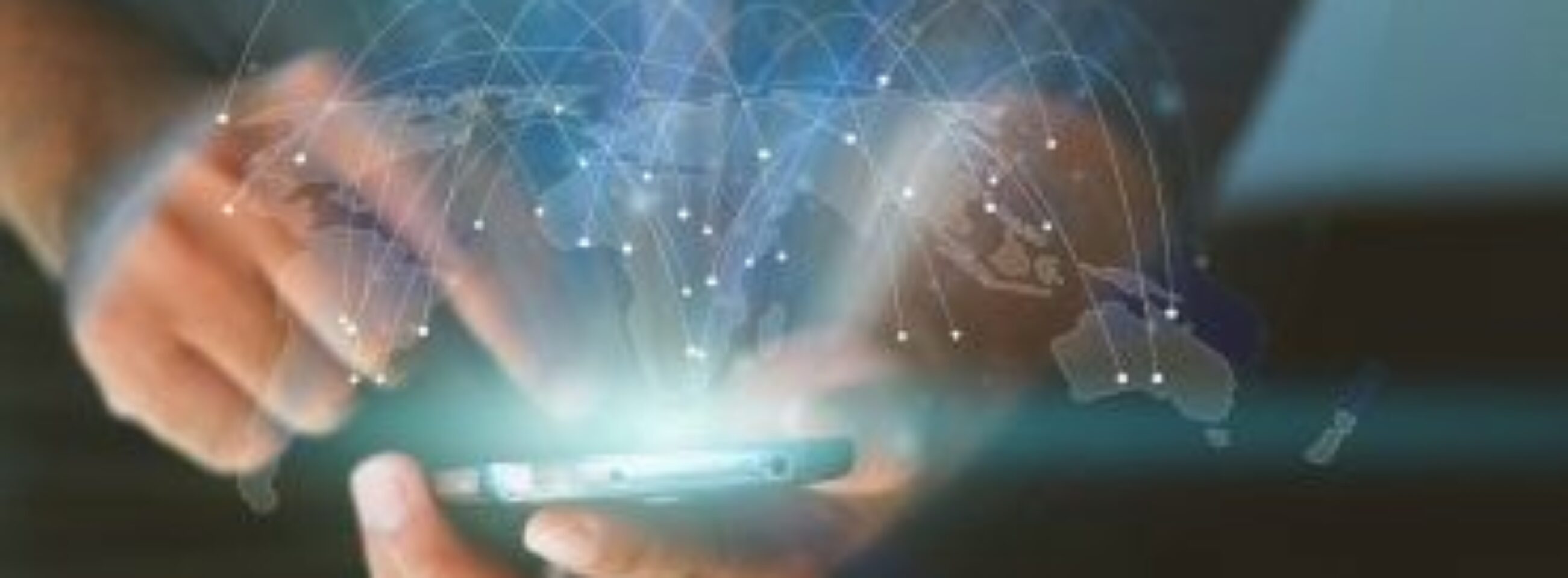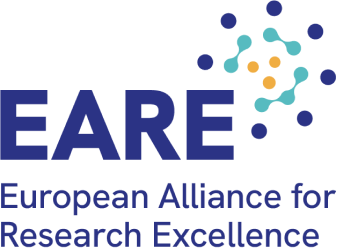
We are launching the European Alliance for Research Excellence
Europe needs to talk more about text and data mining (TDM). It’s not a topic that appears at the top of most lists of policy priorities but it is important. TDM matters because it sits at the heart of a lot of research and innovation, helping create new medical treatments and new technologies which can save lives, create jobs and shape the world of tomorrow.
TDM is a technology that analyses published research and scholarly articles in order to find new patterns or in sights; technology needs to be used because there is so much data being created, not least about the 1.9 million new peer-reviewed articles published every year. TDM has enabled breakthrough medical discoveries, supported kids with learning disabilities, tackled fraud, enabled instant language translation and even helped in the development of driverless cars.
In September 2016 the European Commission proposed a new approach to copyright. While attempting to boost Europe’s research potential by creating a copyright exception for the use of TDM, the Commission has suggested a fundamental and potentially harmful change in how TDM would work for some of its users in Europe.
To help promote the discussion that is already happening about TDM, and solutions to the problems caused by the new Copyright Package, the European Alliance for Research Excellence (EARE) has been launched. This coalition aims at amplifying the voices of TDM users from various sectors and research communities, to promote fair and effective copyright rules for TDM in Europe.
The United States, China, Singapore and others are all investing heavily in promoting TDM and the Commission’s Copyright Package has tried to encourage the use of TDM in Europe too. As it stands, however, the EU’s approach discriminates against many of Europe’s TDM researchers and businesses, who are the kind of small businesses and start-ups that Europe is depending on for economic growth and new jobs.
The core of the problem is that the Commission proposal has said it will give universities and other public research bodies the right to use TDM without paying extra copyright fees to the publishers who control the material. This is a good thing but the Commission has not said that SMEs, start-ups or any commercial bodies will have the same right, despite their crucial role in research and innovation.
What EARE and others want is for EU institutions to listen to the many Europeans who care about TDM. TDM should be exempted from copyright law for all users, for both commercial and non-commercial purposes. Europe needs to ensure that authors and publishers aren’t short-changed for what they produce, of course. Access to published articles should be paid for, but no researcher should be forced to pay twice, once for reading content with the naked eye and once more for simply using TDM to do the same thing. The European Union has a choice, in the end, about whether or not to erect a barrier to Europe’s pursuit of jobs, growth and knowledge at a moment when we all need these things very badly indeed.


